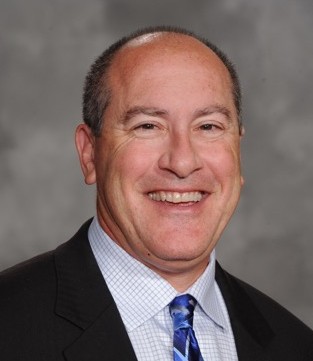There is strong evidence that when patients are asked if they wish to discuss ACP, they usually do want to talk about these decisions.3 When patients are involved in the conversation about their own ACP and end-of-life care, they often make very different choices than when families choose for them.4 Frequently, these choices are much less aggressive, with patients choosing a more natural death when they are able to have a say in that decision. Reimbursing for ACP sessions should incentivize primary care physicians to have these conversations with patients who are not in crisis, when patients can actually make their wishes known. ACP should be a part of routine medical care, like discussing exercise and vaccinations.
In our society, we have historically separated health care from dying care; this is an opportunity to get back on the right track!
References
- Morhaim DK, Pollack KM. End-of-life care issues: a personal, economic, public policy, and public health crisis. Am J Public Health. 2013;103:e8-e10.
- McCarthy EP, Pencina MJ, Kelly-Hayes M, et al. Advance care planning and health care preferences of community-dwelling elders: the Framingham Heart Study. J Gerontol A Biol Sci Med Sci. 2008;63:951-959.
- Hammes BJ, Rooney BL, Gundrum JD. A comparative, retrospective, observational study of the prevalence, availability, and specificity of advance care plans in a county that implemented an advance care planning microsystem. J Am Geriatr Soc. 2010;58:1249-1255.
- Biola H, Sloane PD, Williams CS, et al. Preferences versus practice: life-sustaining treatments in last months of life in long-term care. Am Med Dir Assoc. 2010;11:42–51.
 Dr. Friedman is an ACEP Board member, Vice President of governmental affairs for Florida Emergency Physicians, and an emergency physician at the Florida Hospital Celebration Health.
Dr. Friedman is an ACEP Board member, Vice President of governmental affairs for Florida Emergency Physicians, and an emergency physician at the Florida Hospital Celebration Health.
Pages: 1 2 | Single Page





No Responses to “Reimburse for Advance Care Planning, ACEP Urges the Centers for Medicare & Medicaid Services”